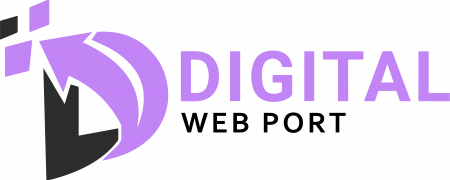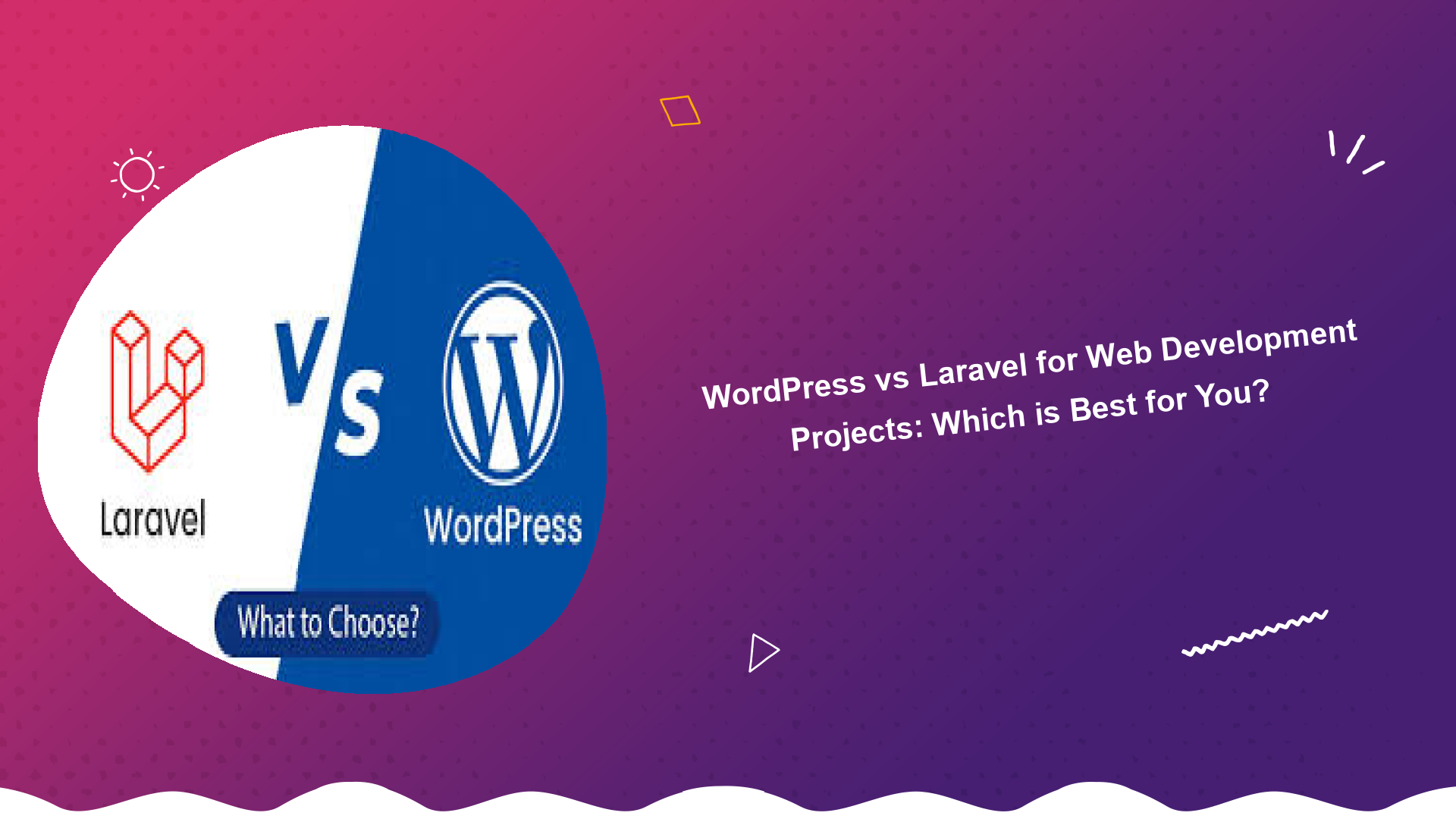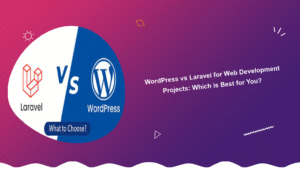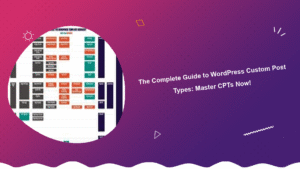Table of Contents
WordPress vs Laravel: A Head-to-Head Comparison for Web Development
Choosing the right platform for your web development project is crucial. Two of the most popular options are WordPress and Laravel, each offering unique strengths and catering to different needs. This article delves into a detailed WordPress vs Laravel comparison to help you determine which platform aligns best with your specific project requirements.
At its core, WordPress is a Content Management System (CMS), while Laravel is a PHP framework. Understanding this fundamental difference is key to evaluating their suitability for your needs. We’ll explore their strengths, weaknesses, use cases, and more to provide a comprehensive overview.
What is WordPress?
WordPress is a widely used CMS, powering a significant portion of the internet. It’s known for its ease of use, extensive plugin ecosystem, and readily available themes. This makes it an excellent choice for creating blogs, business websites, and even e-commerce stores with the help of plugins like WooCommerce.
One of the biggest advantages of WordPress is its user-friendly interface. Even without extensive coding knowledge, you can easily create and manage content, customize the appearance of your website, and add new features through plugins. This accessibility makes WordPress a popular choice for individuals and small businesses looking for a quick and affordable way to establish an online presence.
What is Laravel?
Laravel, on the other hand, is a robust PHP framework that provides a structured and organized approach to technology web development. It offers a wide range of features and tools that streamline the development process, allowing developers to build complex and custom web applications with greater efficiency.
Laravel’s strength lies in its flexibility and scalability. It provides a solid foundation for building applications that require custom functionality, advanced features, and high levels of security. While Laravel requires more technical expertise than WordPress, it offers greater control over every aspect of the application.
Key Differences Between WordPress and Laravel
Here’s a breakdown of the key differences between WordPress and Laravel:
- Nature: WordPress is a CMS; Laravel is a PHP framework.
- Ease of Use: WordPress is generally easier to learn and use, especially for beginners.
- Customization: Laravel offers greater customization options due to its code-centric approach.
- Security: Both platforms can be secure with proper configuration, but Laravel often provides more control over security measures.
- Scalability: Laravel is generally more scalable for complex applications.
- Development Time: WordPress can often be faster to set up initially, while Laravel may require more time upfront but offers long-term efficiency for complex projects.
WordPress: Pros and Cons
Pros:
- Easy to Use: User-friendly interface and extensive documentation.
- Large Community: Vast online resources, forums, and support.
- Extensive Plugin Ecosystem: Thousands of plugins to extend functionality.
- Affordable: Free to use, with many free themes and plugins available.
- SEO-Friendly: Plugins like Yoast SEO can help optimize your website for search engines.
Cons:
- Limited Customization: Customization can be restricted by themes and plugins.
- Security Vulnerabilities: Can be vulnerable to attacks if not properly maintained and secured.
- Performance Issues: Excessive plugins can slow down website performance.
- Not Ideal for Complex Applications: Best suited for content-driven websites.
Laravel: Pros and Cons
Pros:
- Highly Customizable: Full control over every aspect of the application.
- Scalable: Designed for building complex and scalable web applications.
- Secure: Offers robust security features and best practices. Consider exploring topics such as laravel authentication explained.
- Developer-Friendly: Streamlined development process with built-in features. You can improve your coding with clean PHP code best practices.
- MVC Architecture: Enforces a structured and organized codebase.
Cons:
- Steeper Learning Curve: Requires more technical expertise than WordPress.
- More Development Time: Can take longer to develop initially compared to WordPress.
- Higher Development Costs: May require hiring experienced Laravel developers.
- Overkill for Simple Websites: Not ideal for simple blogs or brochure websites.
Use Cases: When to Choose WordPress vs Laravel
Here are some common use cases to help you decide between WordPress and Laravel:
- Choose WordPress if:
- You need a blog or content-driven website.
- You have limited coding experience.
- You need a quick and affordable solution.
- You want to use pre-built themes and plugins.
- Choose Laravel if:
- You need a complex web application with custom functionality.
- You require high levels of security and scalability.
- You have a team of experienced developers.
- You need full control over every aspect of the application.
Security Considerations
Security is paramount for any web project. While both WordPress and Laravel offer security features, they require different approaches to implementation.
WordPress security relies heavily on plugins and updates. Keeping your WordPress core, themes, and plugins up to date is crucial to prevent vulnerabilities. Implementing security plugins like Wordfence or Sucuri can also significantly enhance your website’s security. Be careful of the 10 Common Mistakes PHP Developers Make to ensure security of your website.
Laravel, with its code-centric approach, offers more control over security measures. Laravel includes built-in features like protection against Cross-Site Scripting (XSS) and Cross-Site Request Forgery (CSRF) attacks. Developers can also implement custom security measures to tailor the application’s security to specific needs.
Scalability: Which Platform Scales Better?
Scalability is a critical factor if you anticipate significant growth in traffic or functionality. Laravel is generally considered more scalable than WordPress due to its architectural design and code-centric approach. WordPress can be scaled with proper optimization and caching, but Laravel is inherently designed to handle larger workloads and complex applications more efficiently.
Laravel’s MVC architecture allows for better organization and code maintainability, making it easier to scale the application as needed. Additionally, Laravel’s database query builder and caching mechanisms optimize database performance, which is crucial for scalability. Consider using top Laravel packages for developers, and Mastering PHP Functions, to create scalable code.
Cost Comparison: WordPress vs Laravel
The cost of developing a website or application using WordPress or Laravel can vary greatly depending on the project’s complexity and requirements.
WordPress can be relatively inexpensive to set up initially, especially if you use a free theme and plugins. However, as your website grows and requires more customization or advanced features, you may need to purchase premium themes, plugins, or hire a WordPress developer.
Laravel development typically involves higher upfront costs due to the need for experienced developers and the more complex development process. However, Laravel’s scalability and maintainability can lead to cost savings in the long run, especially for complex applications. You can expand your PHP knowledge by following a How to Get Started with PHP for Beginners tutorial.
Conclusion: Choosing the Right Platform for Your Project
The choice between WordPress vs Laravel depends entirely on your specific project requirements, technical expertise, and budget. WordPress is an excellent choice for content-driven websites, blogs, and simple e-commerce stores, while Laravel is better suited for complex web applications, custom solutions, and projects requiring high scalability and security.
Before making a decision, carefully consider your project’s goals, technical resources, and long-term vision. If you’re unsure, consult with a web development professional to get expert advice tailored to your specific needs. Remember, choosing the right platform is a critical step towards building a successful and sustainable online presence. Visit the Web Development tag to see more related articles.
For those interested in building custom solutions with PHP, learning about how to build URL shortener PHP can be a great starting point. Remember to keep an eye on new developments, even though the iphone 17 pro max release date might seem unrelated!
Finally, remember to choose the platform which best fits the needs of your project. Both WordPress and Laravel are solid choices with different strengths and weaknesses, so choose carefully!
Learn more about WordPress and Laravel on their respective websites.
Consider getting professional Web development services to help you with your decision.







